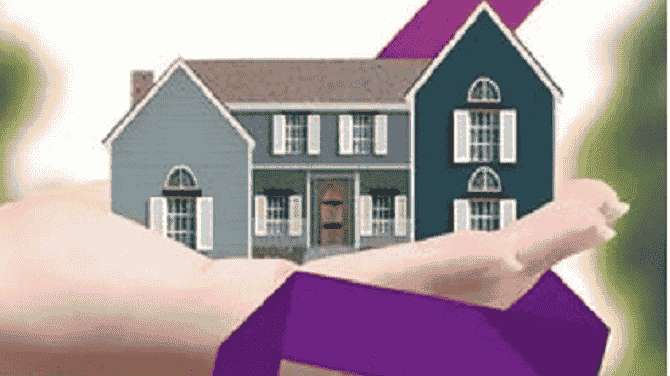


If your home is in poor condition and your landlord has failed to make repairs, you may be entitled to make a housing disrepair claim.
If your home is in poor condition and your landlord has failed to make repairs, you may be entitled to make a housing disrepair claim. But to win your case and secure proper housing disrepair, you’ll need strong, clear evidence.
Evidence is the foundation of any legal claim. Without it, even a valid complaint might be dismissed. At Housing Disrepair Team, we guide tenants through the process of collecting the right evidence so they can make a successful compensation claim for housing disrepair.
In this article, we’ll outline exactly what kind of evidence you need, how to gather it, and how housing disrepair solicitors can help present it in the most effective way.
When you claim against a landlord for disrepair, the burden of proof is on you—the tenant. This means you must show:
That there is or was disrepair in the property
That you informed your landlord and they failed to act
That the disrepair caused inconvenience, damage, or harm
That you suffered financial loss, distress, or health issues as a result
Without proper evidence, your housing disrepair compensation claim may be denied or delayed.
To strengthen your housing disrepair claim, gather the following types of evidence:
Visual evidence is one of the most powerful tools in any claim. Take clear, date-stamped photos or videos of:
Damp patches and mould growth
Leaks, water damage, or flooding
Broken windows, doors, or locks
Damaged walls, ceilings, or floors
Faulty electrical sockets or exposed wiring
Pest infestations (rats, mice, cockroaches)
Any area of your home that is unfit or unsafe
Repeat the photos over time to show how long the issue has persisted.
Save all emails, texts, or letters you sent to your landlord or letting agent reporting the disrepair. Also, keep their responses (or lack of response).
Important details include:
Dates you first reported the issue
Follow-up messages or complaints
Any replies promising action or ignoring the matter
If you’ve made phone calls or spoken in person, write down dates and summaries of those conversations.
If repairs were attempted but not completed or were done poorly, document this. Keep records of:
Repair appointments
Missed visits by tradespeople
Incomplete or shoddy repair work
Reports left by contractors or engineers
This helps show whether your landlord failed to take reasonable steps to fix the problem.
If your health has been affected, request documentation from your GP, specialist, or hospital. You may be able to claim additional compensation for:
Respiratory problems from damp or mould
Skin conditions from pests or poor sanitation
Stress, anxiety, or depression from poor living conditions
Include prescriptions, treatment records, or referral letters where possible.
You can claim for financial losses caused by the disrepair. Evidence includes:
Receipts for damaged clothing, furniture, or electronics
Utility bills (if you had to use extra heating or lighting)
Temporary accommodation costs (if you had to leave your home)
Travel expenses to appointments or meetings related to your claim
These documents support your claim for special damages.
If other people—such as household members, friends, or neighbours—can confirm the disrepair or your efforts to report it, ask them to provide written statements. These should include:
What they saw
When they saw it
How it affected you and your home
Witness statements strengthen your credibility and prove ongoing issues.
Your solicitor may arrange for an independent building surveyor to inspect your property. This professional will:
Identify disrepair
Confirm whether the issue is serious
Explain the likely cause
Estimate how long the disrepair has been present
A detailed expert report is one of the strongest pieces of evidence in a housing disrepair compensation claim.
A strong housing disrepair claim is built on strong evidence. Whether it’s photos of a mouldy ceiling, a GP report about your health, or months of ignored emails to your landlord, each piece adds weight to your case.
At Housing Disrepair Team, we’re dedicated to helping tenants understand their rights and win the compensation they deserve. Our experienced housing disrepair solicitors will take care of the legal work while you focus on getting your home back to a safe, livable condition.
If you’re ready to make a housing disrepair claim, contact us today. We’re here to help—no win, no fee.
